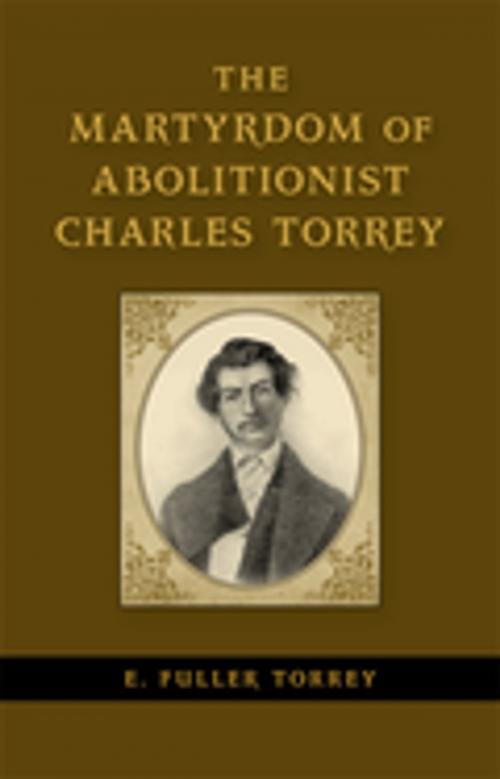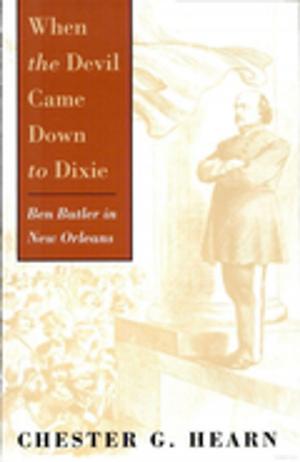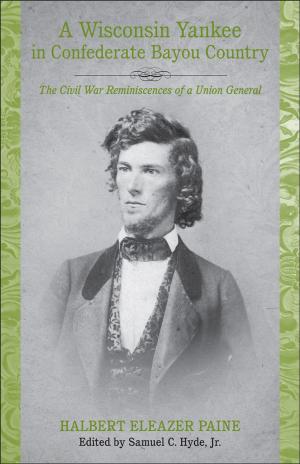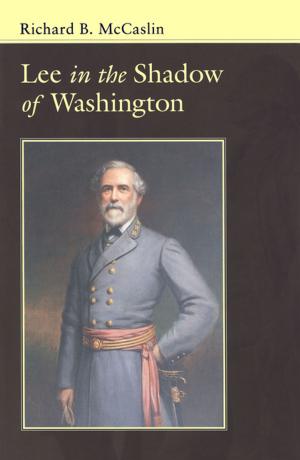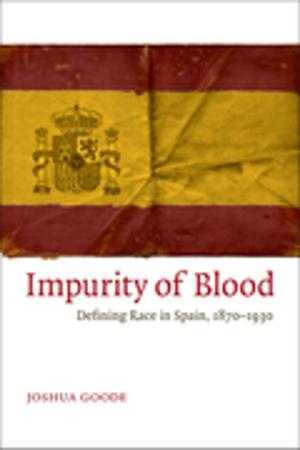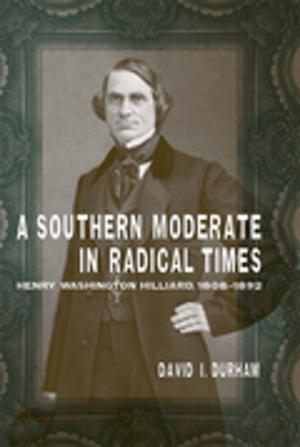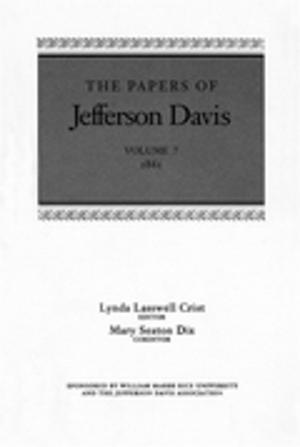The Martyrdom of Abolitionist Charles Torrey
Nonfiction, Social & Cultural Studies, Social Science, Discrimination & Race Relations, History, Americas, United States| Author: | E. Fuller Torrey | ISBN: | 9780807152331 |
| Publisher: | LSU Press | Publication: | November 6, 2013 |
| Imprint: | LSU Press | Language: | English |
| Author: | E. Fuller Torrey |
| ISBN: | 9780807152331 |
| Publisher: | LSU Press |
| Publication: | November 6, 2013 |
| Imprint: | LSU Press |
| Language: | English |
During his brief yet remarkable career, abolitionist Charles Torrey -- called the "father of the Underground Railroad" by his peers -- assisted almost four hundred slaves in gaining their freedom. A Yale graduate and an ordained minister, Torrey set up a well-organized route for escaped slaves traveling from Washington and Baltimore to Philadelphia and Albany. Arrested in Baltimore in 1844 for his activities, Torrey spent two years in prison before he succumbed to tuberculosis. By then, other abolitionists widely recognized and celebrated Torrey's exploits: running wagonloads of slaves northward in the night, dodging slave catchers and sheriffs, and involving members of Congress in his schemes. Nonetheless, the historiography of abolitionism has largely overlooked Torrey's fascinating and compelling story.
The Martyrdom of Abolitionist Charles Torrey presents the first comprehensive biography of one of America's most dedicated abolitionists. According to author E. Fuller Torrey, a distant relative, Charles Torrey pushed the abolitionist movement to become more political and active. He helped advance the faction that challenged the leadership of William Lloyd Garrison, provoking an irreversible schism in the movement and making Torrey and Garrison bitter enemies. Torrey played an important role in the formation of the Liberty Party and in the emergence of political abolitionism. Not satisfied with the slow pace of change, he also pioneered aggressive abolitionism by personally freeing slaves, likely liberating more than any other person. In doing so, he inspired many others, including John Brown, who cited Torrey as one of his role models.
E. Fuller Torrey's study not only fills a substantial gap in the history of abolitionism but restores Charles Torrey to his rightful place as one of the most dedicated and significant abolitionists in American history.
During his brief yet remarkable career, abolitionist Charles Torrey -- called the "father of the Underground Railroad" by his peers -- assisted almost four hundred slaves in gaining their freedom. A Yale graduate and an ordained minister, Torrey set up a well-organized route for escaped slaves traveling from Washington and Baltimore to Philadelphia and Albany. Arrested in Baltimore in 1844 for his activities, Torrey spent two years in prison before he succumbed to tuberculosis. By then, other abolitionists widely recognized and celebrated Torrey's exploits: running wagonloads of slaves northward in the night, dodging slave catchers and sheriffs, and involving members of Congress in his schemes. Nonetheless, the historiography of abolitionism has largely overlooked Torrey's fascinating and compelling story.
The Martyrdom of Abolitionist Charles Torrey presents the first comprehensive biography of one of America's most dedicated abolitionists. According to author E. Fuller Torrey, a distant relative, Charles Torrey pushed the abolitionist movement to become more political and active. He helped advance the faction that challenged the leadership of William Lloyd Garrison, provoking an irreversible schism in the movement and making Torrey and Garrison bitter enemies. Torrey played an important role in the formation of the Liberty Party and in the emergence of political abolitionism. Not satisfied with the slow pace of change, he also pioneered aggressive abolitionism by personally freeing slaves, likely liberating more than any other person. In doing so, he inspired many others, including John Brown, who cited Torrey as one of his role models.
E. Fuller Torrey's study not only fills a substantial gap in the history of abolitionism but restores Charles Torrey to his rightful place as one of the most dedicated and significant abolitionists in American history.
